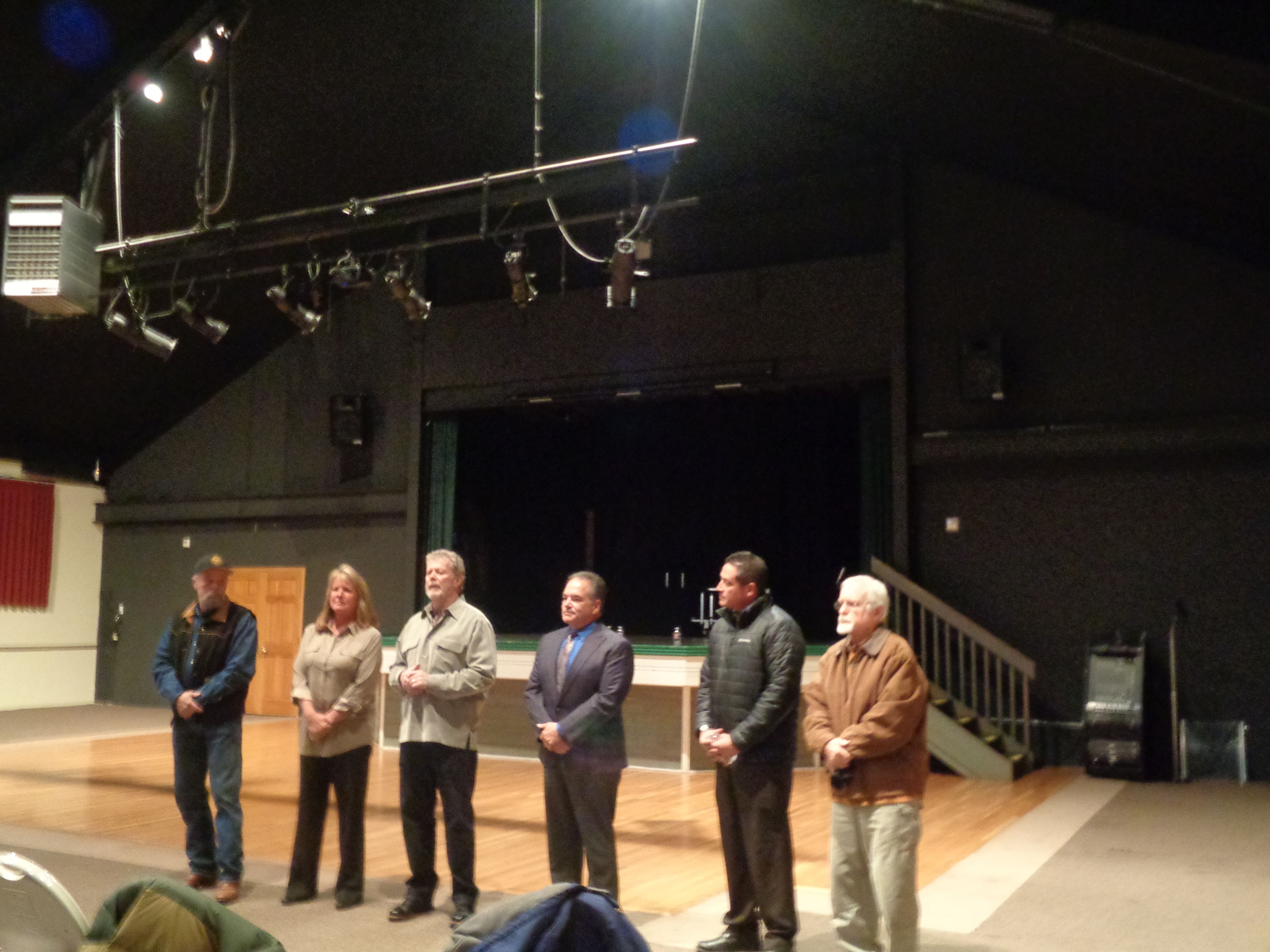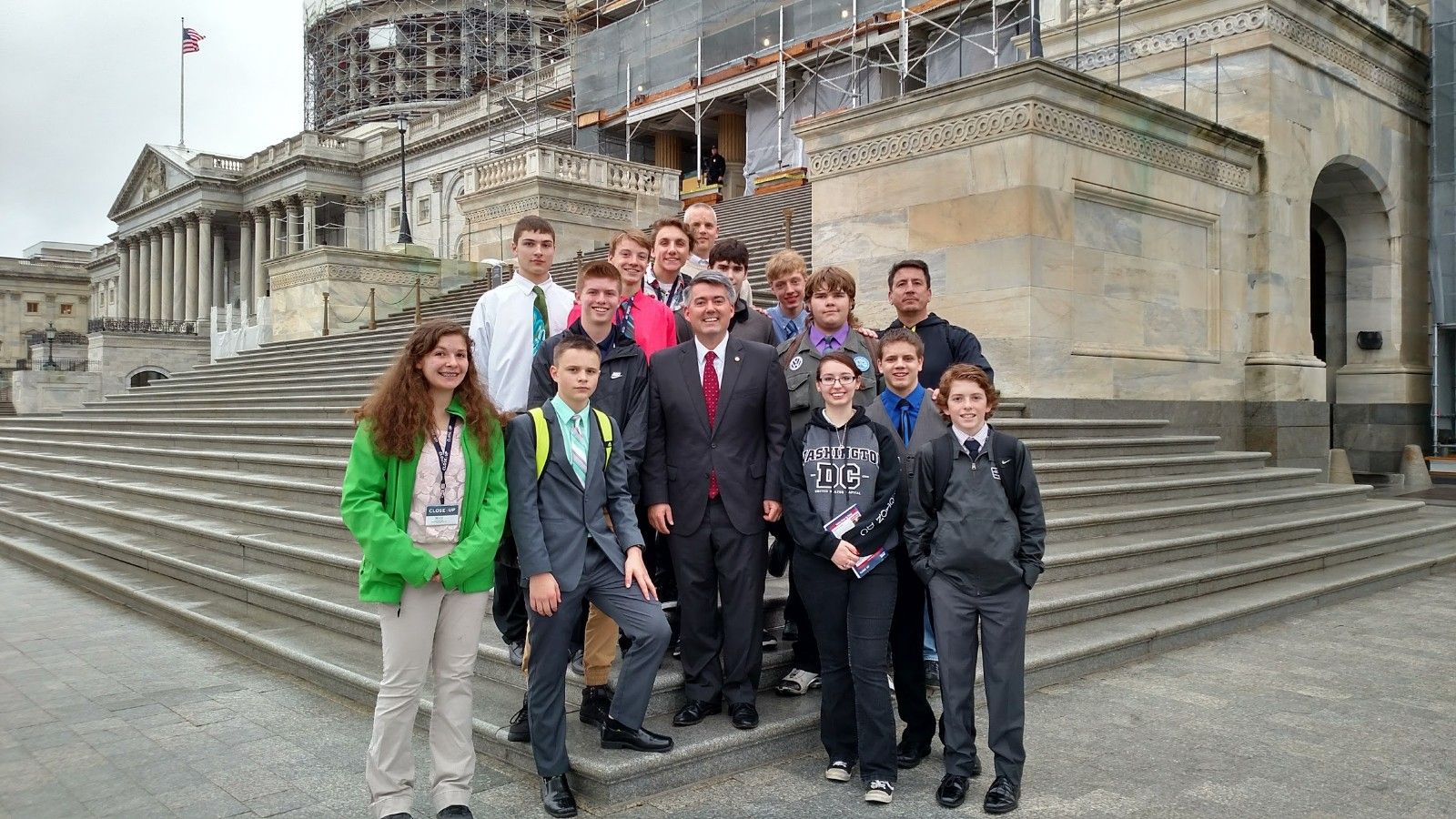State Senate OKs bill linking Colorado presidential choice to national vote
After hours of argument by Republican lawmakers, the state Senate approved a bill Jan. 28 that eventually could pledge all of Colorado’s nine Electoral College votes to whichever presidential candidate wins the national popular vote.
Senate Bill 42 was presented by state Sen. Mike Foote, D-Lafayette, and kept afloat by the Democratic majority.
“What this stands for is one person, one vote,” Foote said. “It’s a way that every vote is equal and every vote matters in every presidential election. We don’t have that in many of our states around the country under our current system.”
Foote’s bill could prevent candidates from winning the presidency without also winning the popular vote, but it would only take effect if states with at least 270 electoral votes join the pact.
Eleven other states and the District of Columbia have adopted identical legislation; they total 172 electoral votes.
Colorado is one of seven states expected to also adopt the legislation this year, said Joe Miklosi, founder and CEO of Denver-based Bridge Consulting, which lobbies for the change.
Republican opponents said the switch could fracture the nation’s two-party system and further divide a splintered electorate. One facetiously proposed an amendment to give Colorado’s electoral votes to whichever presidential candidate gets the most votes from Californians, a favorite target of conservatives.
Another failed amendment, proposed by Sen. Dennis Hisey, R-Colorado Springs, would have made clear that the bill could result in a majority of Coloradans voting for one candidate, but the state electoral votes going to another candidate if Coloradans’ preferred person didn’t win the national popular vote.
“Why would we want to cede any of our power to what the national popular vote says, to what California says, to what New York says?” asked Sen. Jerry Sonnenberg, R-Sterling.
Many senators acknowledged the irony of the 2016 presidential election results, in which Donald Trump won the Electoral College vote 306-232, while Hillary Clinton won the popular vote by nearly 2.9 million.
Former President George W. Bush also was declared president in 2000 despite a narrow popular-vote deficit.
Sen. Bob Gardner, R-Colorado Springs, noted that not only Bush and Trump, but also John Quincy Adams, Rutherford Hayes and Benjamin Harrison won their presidential elections without also winning the popular vote.
That’s how the system works, Gardner said, with the Electoral College meant to bolster the voting power of less populous states.
If the country switches to using the national popular vote, it might as well also abolish state boundaries and let the president appoint governors, he said.
The bill went before the Senate again Jan. 29 for a final recorded vote before it was passed to the House of Representatives.
The state Senate has approved a bill that eventually could pledge all of Colorado’s nine Electoral College votes to whichever presidential candidate wins the national popular vote. The bill was presented and kept afloat by the Democratic majority, with many Republican senators dissenting.





